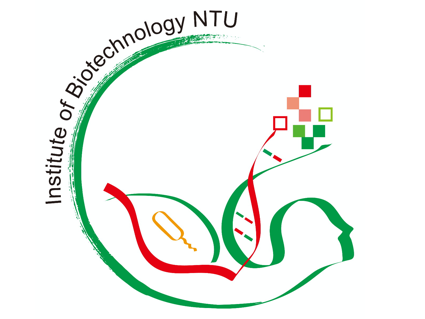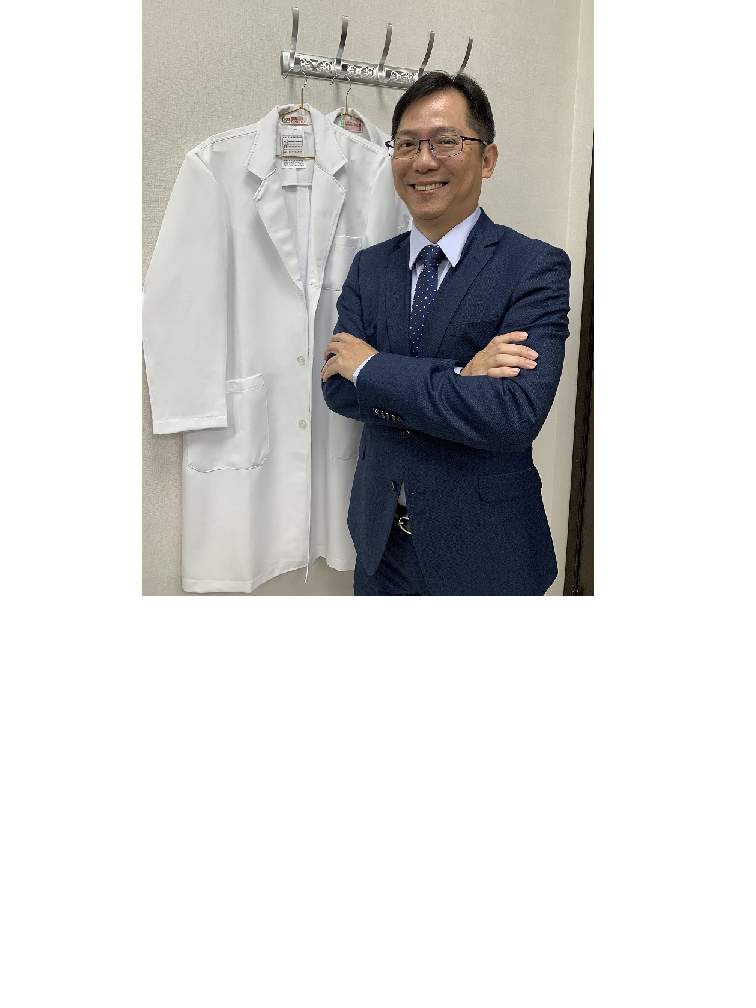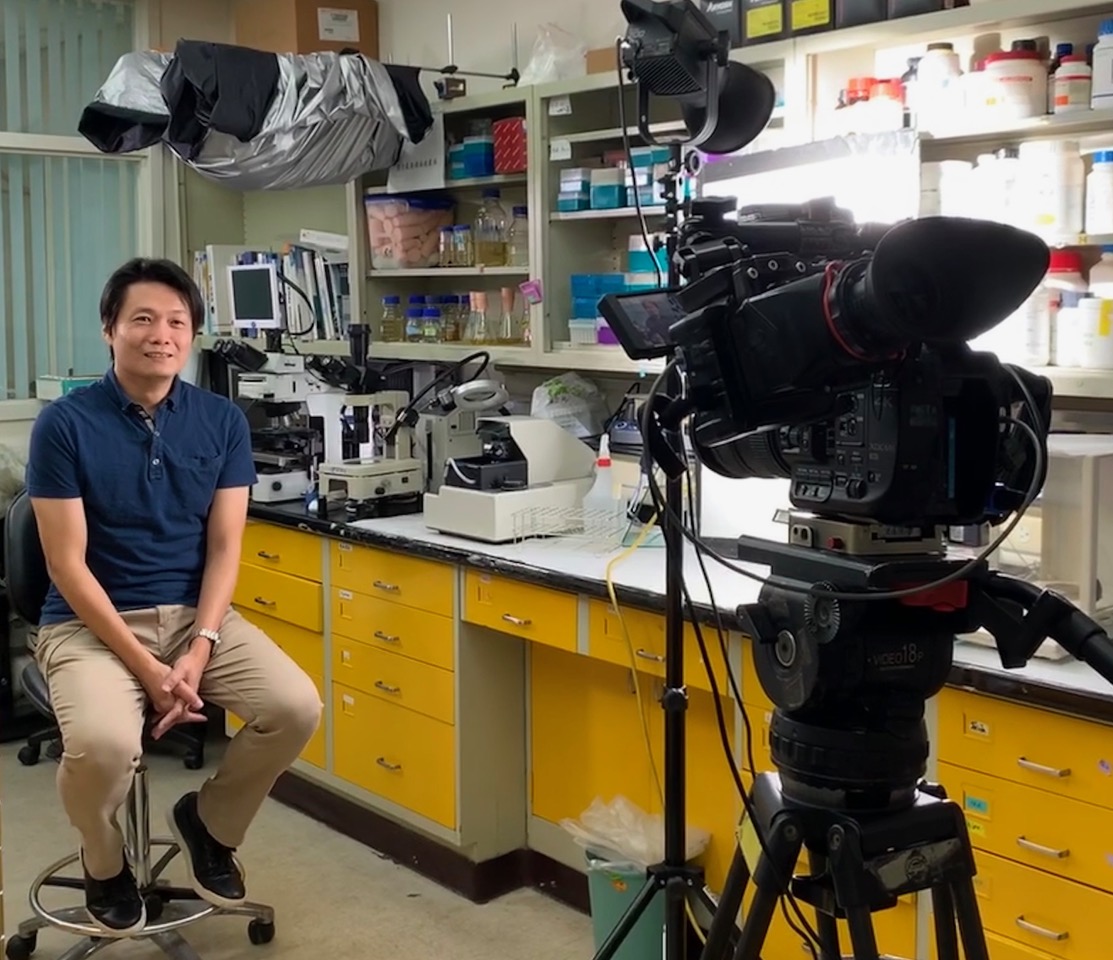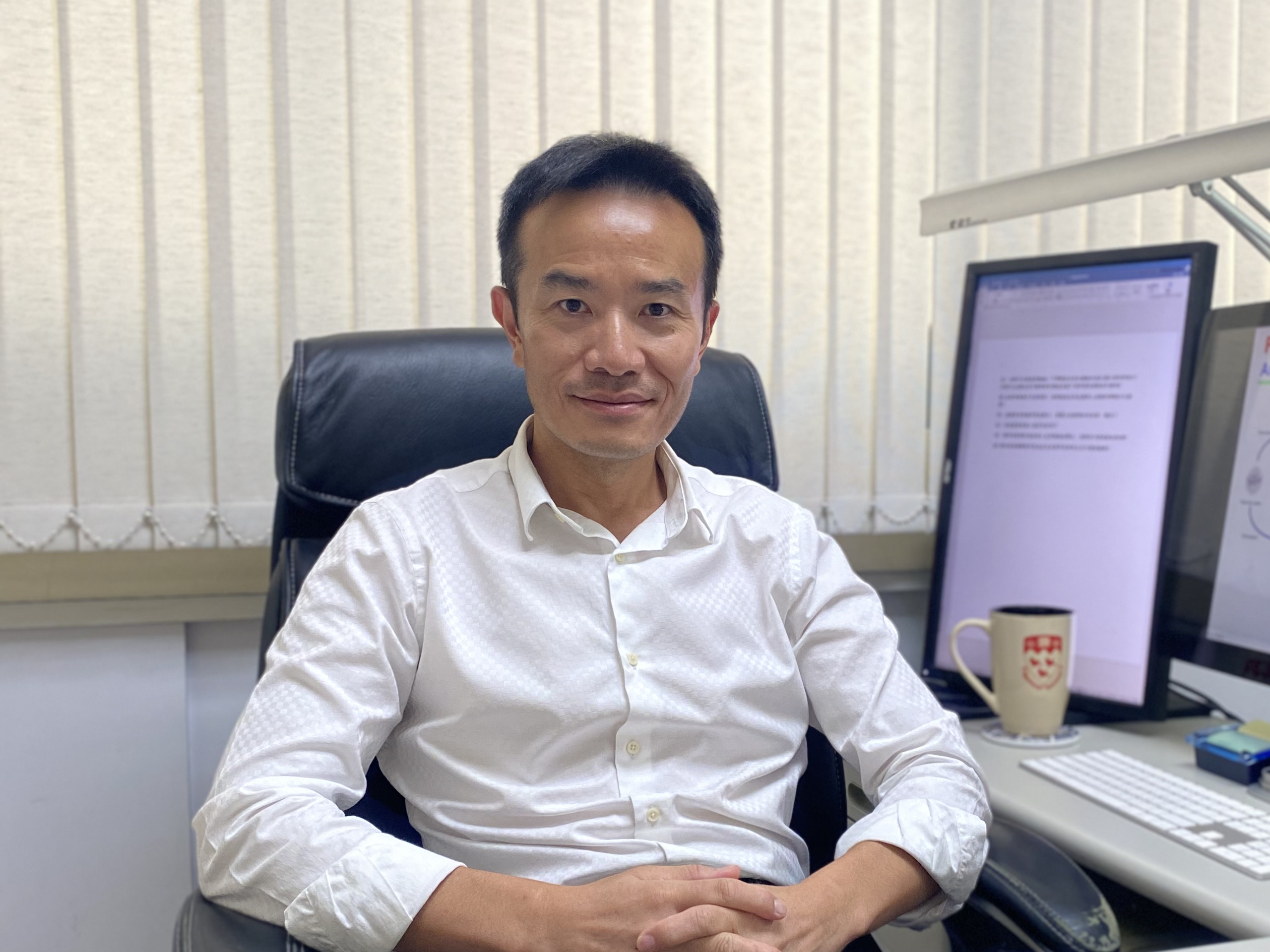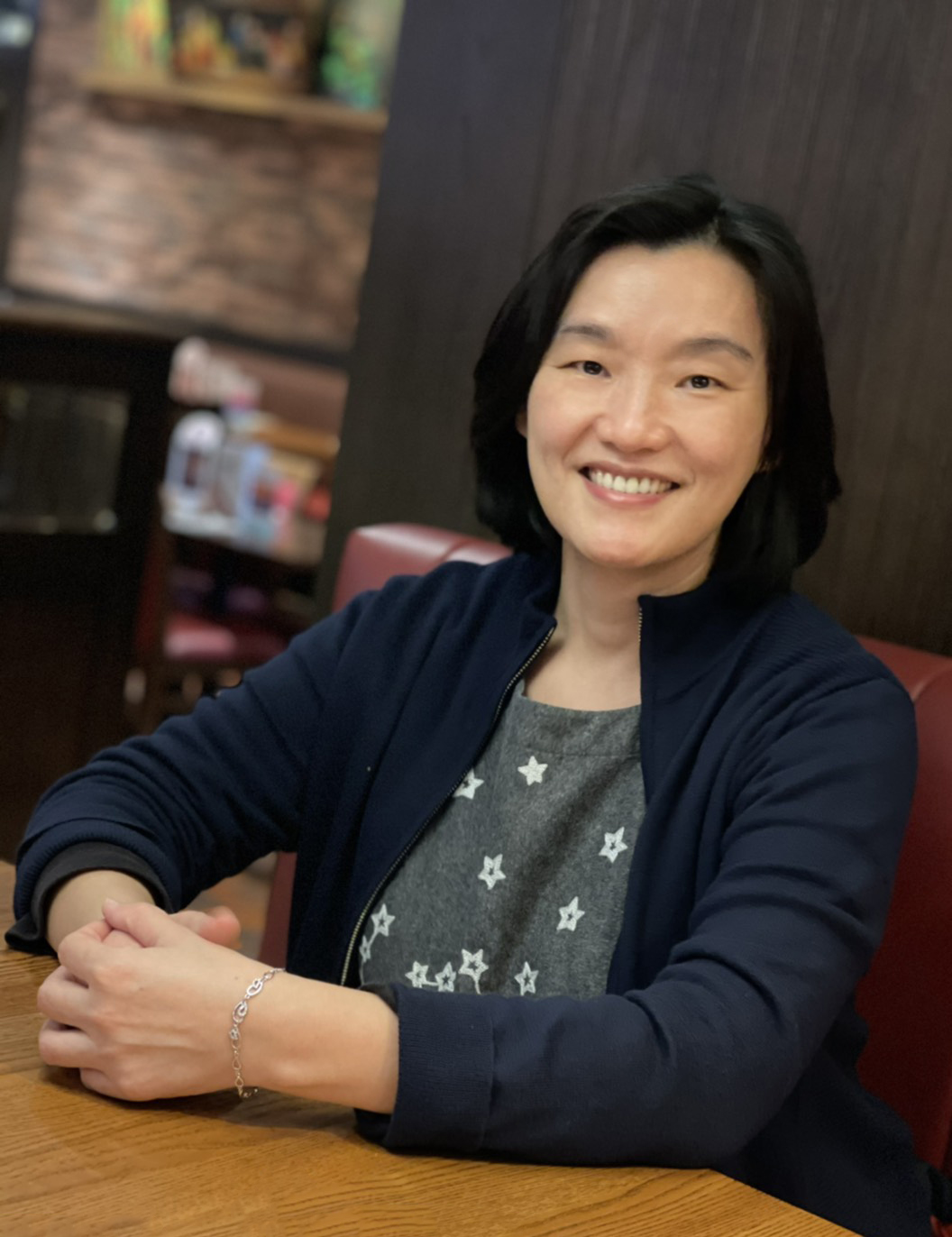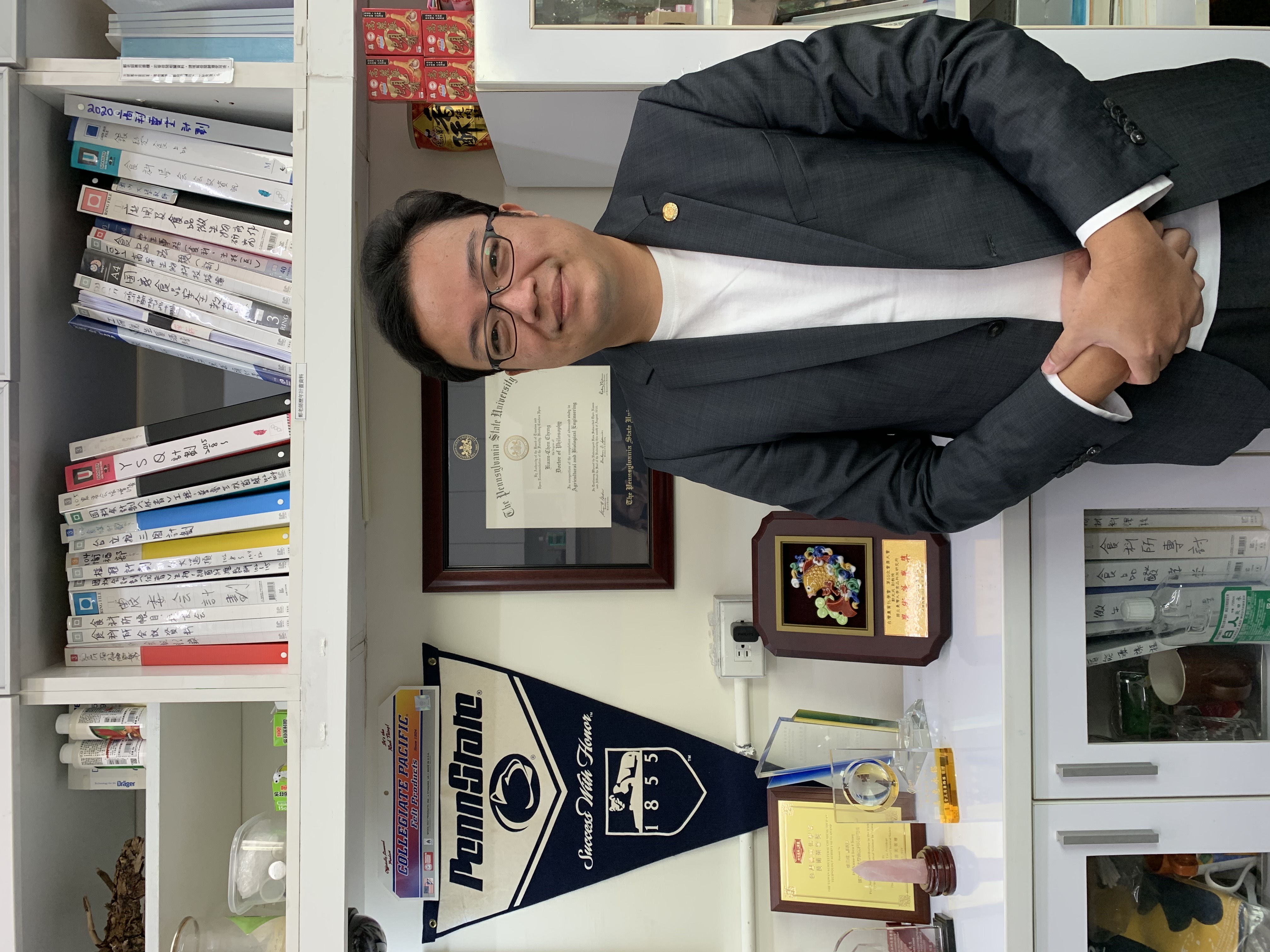Today we interviewed our new faculty, Dr. Shu-Han Yu, who has immuno-oncology, immune modulation, tumor microenvironment, and microbiome professional with 9+ years of academic research experience and 4+ years of industrial experience. She has committed to transforming expertise in translational medicine into non-small-cell lung cancer precision medicine, microbiome profiling, biomarker discovery, characterization, clinical validation, and potential diagnostics.
Among various fields in scientific research, what exactly did immuno-oncology have to attract Dr. Yu to work on this field? She explained that being exposed to biology and microbiology during her four years of university life made her gradually interested in molecular biology. After joined the laboratory, she was exposed to proteomics and cancer-related research, and finally went all the way to Johns Hopkins University, where she witnessed the development of cancer therapeutic drugs, such as AMP-514, an anti-programmed cell death 1 (PD-1) antibody drug, and began to show interest in immuno-oncology. In the development of immuno-oncology, from the 1970s, the key factor of bacteria contribution in cancer control-tumor necrosis factor-α (TNF-α) was identified. In the 1980s, IL-2 cultured T cells were used in cancer treatment. In the 1990s, immune checkpoint molecules were used in cancer treatment because of the discovery of PD-1 and CTLA-4. And all of those were created in just few decades. With the development of science and technology, various new technologies have come out one after another, and this field has also made rapid progress, so that cancer patients have more suitable treatment options. This is also the reason why Dr. Yu has devoted herself to this field.
Now that there has been such a vigorous development in tumor immunity, what will be the next stage? What else can immunotherapy bring us? The tumor immune microenvironment (TIME) is composed of neoplastic cells and their surrounding non-neoplastic stroma, along with a wide variety of immune cells. TIME can be described according to the abundance and type of immune infiltrates, the localization of immune infiltrates, and the functional structures of immune infiltrates. Therefore, it is critical to uncover the immune components and the need to establish a set of "standardized analysis" has become an important part of refined medicine, carrying out personalized medicine based on the analysis results. Dr. Yu’s laboratory has a well-defined focus on the immune mechanisms in the tumor microenvironment, adoptive cell therapy, and the potential role of the microbiome in cancer initiation and progression.
In addition, lung cancer is the leading cause of cancer death worldwide. Due to the living habits as well as early detection difficulties, lung cancer has become the first leading cause of cancer death. Current treatment plans include chemotherapy, radiation therapy, surgery, and targeted therapy. In recent years, immunotherapy including antibody-mediated tumor regression, checkpoint blockade, and adoptive cell therapy (ACT) acts as potential strategies to cure cancer. With the young scholar fellowship, Dr. Yu’s lab aims to establish high-yield neoantigen specific T cell banks for lung cancer immunotherapy.
(Steven A. Rosenberg et al, 2015)
Finally, speaking from her experience, Dr. Yu suggested who are studying in the field of biology should start to think about the future directions, whether to continue the study or to go to the industry. For those who want to stay in academia must be really clear about the field of interest, not just for the sake of a diploma. For those who decide to work in the industry must start to develop required skills in advance to increase the chance and possibility to stay in the field longer.



